As per the European Union standard, the definition for a small and medium business is a company that employs less than 250 employees, while small companies are companies which employ less than 50 people. However, when thinking about the size of a company, the number of employees is not enough.
ISO Certification for Small Businesses – Where to Start?
First of all, one must keep in mind the complexity of the processes surrounding the business. A business which employs 10 people may have more complex systems than a company which employs 20 people. Nevertheless, these are still considered small companies.
Similarly, one must also consider the fact that a company employing 20 or 25 people could be much less demanding and management heavy to run when compared to a company which employs 50 people. Keep in mind that all these companies are labeled as small, even though their processes and day to day operations may be more complex than others. A company employing less than 10 people, as per the definition set by the European Union, is considered to be a micro-enterprise.
Small businesses form the majority of all companies and certain business owners decide to keep their business small because it is more manageable for them, which is perfectly understandable. I myself, being an entrepreneur, do understand this reasoning.
Therefore, it can be said that small companies form a major part of the economy and we interact with small companies on a day-to-day basis and from the business owners side, these types of companies usually involve a lot of involvement from the business owner to actually run the business. As I explained earlier, a company employing 30, 40, 50 people or more, will have bigger management structures in place with titles, such as Operations Manager or Production Manager or any other type of managers, who will assist the Managing Director in the running of the business itself.
Irrespective of whether it’s a micro company or a small company employing 10 or 50 people ISO standards are critical. ISO certification enables small organisations to set up a solid foundation because they set up the foundation of a business. Usually business owners tend to be extremely capable of solving issues relating to their problem, to their business, related to their products, even if they have not had any experience or training on how to manage a business in the past. Now ISO standards come into play here because ISO enables business owners to have concrete data, through a management system, that will help them guide their business in the right direction.
Therefore, data can be used to better track the issues that employees are reporting








